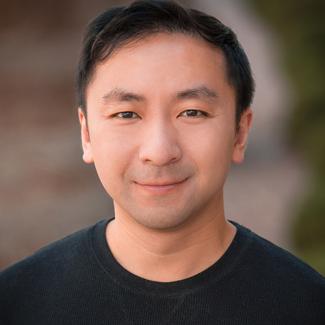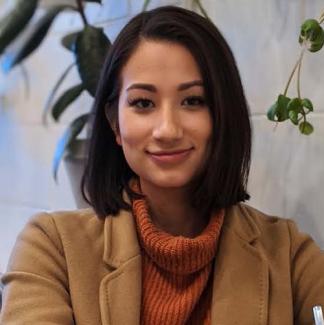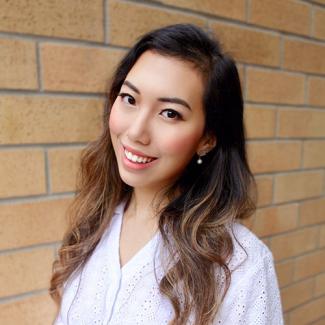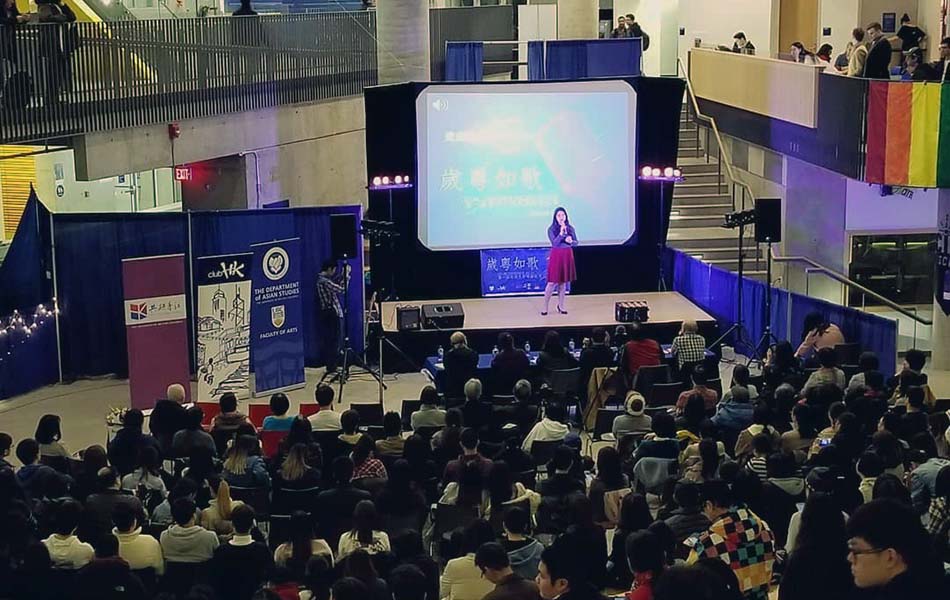Read about students and faculty from UBC’s Asian language programs experiences with racism and discrimination in Aydin Quach’s article series ‘Through our eyes, with our voices: How students and faculty are creating space to heal and be proud of their Asian identities’.
If language is the key to open the door to a community, then the UBC Cantonese language program might just be one of the locksmiths.
With the recent rise in anti-Asian racism, bringing with it the awareness of the need for community and solidarity against discrimination, it is even more important to learn about our own and each other’s culture through language learning and teaching - and pop culture, says Raymond Pai, Cantonese language program director, Language Sciences member, and doctoral student in the Department of Language and Literacy Education.

Pai started the program in 2015, the only university for credit Cantonese language program in Canada. Of the now around 450 students this academic year, the majority are Mandarin speakers, Pai says, while about 10% have English as their dominant language but have Cantonese heritage. Thinking about the need to engage and motivate language students, he introduced the Advanced Cantonese through Popular Culture course in 2017, where students learn the language through films, television series and Cantopop, as well as produce their own pop culture projects. In doing so, they learn about Cantonese culture as well, such as analyzing why a certain boy band might be popular or what implicit messages their songs might contain.
We’re educating ourselves, and language is one great vessel to understand culture.
Raymond Pai
Not only does pop culture engage Pai’s target audience, it has universal appeal: the students produce content one would see on any television screen around the world, from satirical raps about politicians, to murder mysteries, to dubbed episodes of the Powerpuff Girls. “Pop culture has influence in society, people can express themselves and it’s a good platform to have a very wide reach of people in a non-threatening way.”
It’s also tied to Cantonese culture, particularly in Hong Kong, Pai says, where boy bands like Mirror use their songs to call for justice. As Mandarin is the official language of mainland China, Cantonese is considered a minority language by some, and there is a perception that it is dying, says Pai. The pop culture class highlights the language’s vibrancy, connecting students to both a local and international community. “We can do many things to raise awareness of this active language and connect with others to make it even more vibrant so that anyone who’s interested has the chance to go and join forces with us.”
If you take the time to learn the language, it’s the key to open the door to a community.
Dr. Zoe Lam

Learning a language helps one understand a community, which in turn can help debunk myths learned unconsciously, says Asian Studies Lecturer and Language Sciences member Dr. Zoe Lam. “It demystifies people who seem to be different from you, then you realize actually maybe they’re not that different.”
Dr. Lam teaches Cantonese to students with and without a Cantonese background, the former of whom can experience internalized racism, she says. This can range from parents who are worried about bystanders making unwanted comments or assumptions when they speak Cantonese in public in Canada, to students who were discouraged from learning the language by other Cantonese speakers, to students who lost the language as children in an English-dominant country, now wanting to connect with their family as young adults.

This is something with which Piper Dickhout is familiar. Taking two UBC Basic Cantonese courses to rebuild her fluency has helped her connect with her maternal grandparents, delving into their experiences of moving to Canada from Hong Kong, and of racism they’ve encountered in their lives. “I didn’t know how to ask before.”
In the past, her European heritage made her feel like she was not in a position to speak for the Asian community. Honing her Cantonese skills has built her confidence in her identity, Dickhout says. “
Now I can speak the language more, and am connecting with family more, I feel I can be more proud and own my heritage.
Piper Dickhout
Her grandparents were the first to notice the improvement in her speaking abilities – now they are able to watch films with Cantonese subtitles together.
Ariel Cao, who speaks Mandarin and English, grew up in an area of southern China where Cantonese was commonly spoken and thought it would be useful to learn the language. The 311 Basic Cantonese course became one of her favourites in her undergraduate degree. “I made a lot of really great friends who speak Mandarin and English, and appreciate the language of Cantonese.”

The online classroom’s multilingual environment made Cao feel comfortable. “The only other place I speak two languages is at home.” For her final project, she and two classmates filmed a vlog of a day in her life, with the Shanghai-based classmate taking part via video displayed on a laptop carried around Vancouver. They’ve all agreed to meet in China or Vancouver when COVID-19 restrictions allow it. “I’ve met more people who speak Cantonese here than where I was from in China.”
Prior to the pandemic, Dr. Lam spoke with parents at the 2019 International Mother Language Day event, whose children were reciting Cantonese poetry. Cantonese had been a private language in their household, and when performed in public by their children, it gave it a special meaning, she says. "I was really moved because I didn’t realize it would make such an impact. I love what I do!"
Interested in turning the key on the door to Cantonese language and culture? Here are some of our interviewees’ favourite pop culture and other links:
- Draw My Life, produced by students in CNTO 303
- Ariel's Vlog, produced by Ariel Cao and her classmates in CNTO 311
- CantoBlog, Cantonese learning tips and reviews of resources for learning Cantonese shared by doctoral student Cameron Brown in the University of Michigan’s Department of Asian Languages and Cultures.
- Subana, a free online AI Cantonese subtitles generator app
- Cantonese with Brittany
- Guresu, a popular Cantonese learner YouTuber
- AlexInHongKong, a popular Cantonese learner YouTuber
- リンモク Lingmuk【廣東話學習Vlog】, a popular Cantonese learner YouTuber
- Cantonese Corner, a popular Cantonese learner YouTuber
- The Sound of Cantopop, a Spotify playlist
- 淪落人/Lun lok yan, a Cantonese movie (IMDb page)
- 桃姐/Tou ze, a Cantonese movie (Amazon Prime)
- 天水圍的日與夜/Tin shui wai dik yat yu ye, a Cantonese movie (IMDb page)
- Mad World, a Cantonese movie (Netflix)
- Ten Years, a Cantonese movie (Netflix)
